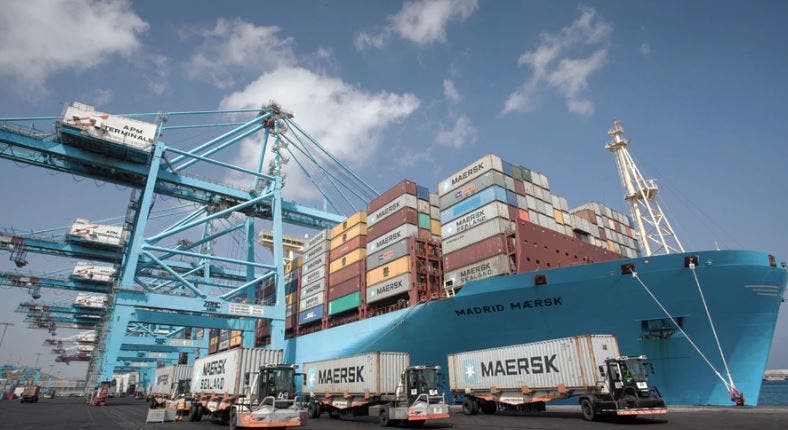
Last year the European Commission, the EU’s executive body, proposed a shipping fuel law (FuelEU Maritime Regulation) aimed at increasing the uptake of alternative marine fuels. Unfortunately, the law fails to guarantee the competitiveness of sustainable and scalable e-fuels, and risks promoting cheaper, unsustainable fuels. The coalition therefore calls on the European Parliament and EU Council to improve the proposal by including a dedicated e-fuels sub quota in the proposed regulation.
Delphine Gozillon, sustainable shipping officer at T&E, said:
“An ambitious shipping fuels law will be key to set the shipping sector on course for full decarbonisation. Sustainable e-fuels are currently too expensive compared to other alternatives such as fossil LNG and biofuels, holding back investments in production facilities, refuelling infrastructure in ports and zero-emission ships. However, with a bit of a push e-fuels produced from renewable hydrogen can be scalable. That’s why we need a quota to get the ball rolling and encourage companies to start investing in clean shipping fuels. Shipping does not need to be a dirty industry forever.”
A list of all the coalition’s demands can be found here, and you can read it, below.
Dear President of the European Parliament, dear Presidency of the Council of the EU, We, the signatories representing major energy suppliers, technology providers, shipping companies, ports, and the hydrogen industry, together with NGOs, are writing to express our support for the acceleration of sustainable and scalable fuels in shipping in the Fitfor55 Package.
Ambitious EU legislation will be key to set the shipping sector on course for full decarbonisation as soon as possible. It is also critical to ensure the competitiveness of new green technologies deployed in all segments of European maritime value chain. However, the EU Commission’s proposal of shipping fuel law “FuelEU Maritime” and revision of the Alternative Fuels Infrastructure Regulation fails to guarantee the deployment of sustainable and scalable e-fuels, risking to drive the uptake of unsustainable fuels instead. Therefore, we, the signatories, call on the EU Council and the European Parliament to:
Add a subtarget for use of a minimum percentage of e-fuels by 2030 as part of the FuelEU Maritime. We recommend a subtarget of 6% of the energy demand used by ships be fulfilled by e-fuels by 2030.
Establish a multiplier for use of e-fuels above the sub-target, allowing every tonne of such fuel to count 5 times to drive e-fuel investments.
Introduce targets for the deployment of sustainable hydrogen and hydrogen-based fuels refueling points in European ports, to enable supply of all e-fuels to the shipping sector;
The Fitfor55 Package, if amended as above, will enable enormous economic and employment opportunities. We look forward to working with all the EU co-legislators to strengthen this package and ensure we can both meet our zero emission goals.
Sincerely,
Transport&Environment, Hydrogen Europe, Yara International, Siemens Energy, HELION Hydrogen Power by Alstom, Viking Cruises, Green Power Denmark, AELEC (Spanish Association of Electricity Companies), Port of Sines, Port of Roenne, Hydrogen Denmark, France Hydrogène, LMG Marin France, Copenhagen Infrastructure Partners, HOST PtX Esjberg, Energy Observer, Blue Water Shipping, Future Proof Shipping, Ballard Power Systems Europe, Nedstack, Hydrogenious LOHC Maritime, Hy24, Hexagon Purus, McPhy, Nel Hydrogen, TECO2030, HDF Energy, MGH (Maritime Green Horizon), Elyse Energy, CIAM Europe, Nexeya, Blue World Technologies, GreenGT, Cummins Marine, Fusion Fuels, Walter Tosto Spa, European Marine Energy Centre (EMEC), Environmental Defense Fund, Clean Air Task Force, Carbon Market Watch, Green Transition Denmark, the North Sea Foundation, ZERO.